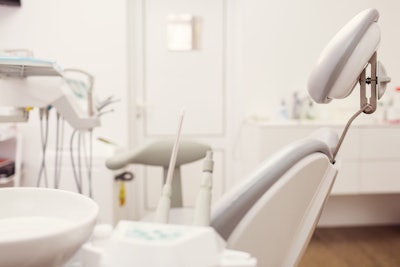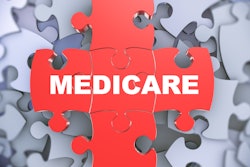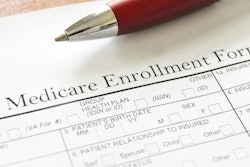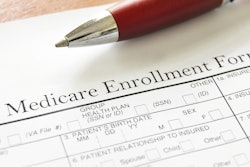
In the U.S., 92% of voters across the political spectrum support adding a dental benefit to Medicare, according to a report from the CareQuest Institute for Oral Health and the Oral Health Progress and Equity Network.
Furthermore, support for a Medicare dental benefit is strong even among respondents who are far from becoming eligible for Medicare, according to the report.
"These poll results show that people all across our nation understand just how important oral health is to overall health," Melissa Burroughs, director of public policy at the CareQuest Institute, said in a press release dated July 16.
Half of Medicare enrollees, nearly 24 million older adults, lack dental coverage and therefore access to this essential form of healthcare. About the same number of Medicare enrollees haven't visited a dentist in the past 12 months, which has significant implications for their health and well-being, according to the release.
The polling, conducted by Marketing for Change, used a sample of 1,000 registered voters from the YouGov online panel between May 29 and June 4. Additionally, separate polls were conducted in Michigan (n = 765), Ohio (n = 761), and Pennsylvania (n = 760) using the Centiment online panel from May 30 to June 13.
Further findings showed that 85% of respondents who voted for Donald Trump in both 2016 and 2020 and 99% of those who voted for the Democratic candidate in those elections supported adding a dental benefit to Medicare, according to the reports.
Similarly, 9 out of 10 voters support expanding coverage to include dental services for veterans. Voters ranked adding dental coverage to Medicare as highly important as the topic of abortion when considering healthcare issues. Separate polling showed support in key states for the 2024 presidential election: In Michigan, 91% of voters support it; in Ohio, 92%; and in Pennsylvania, 93% support expanding coverage.
However, support for Medicaid dental benefits varied by population density. Those residing in suburban and rural areas showed stronger support than urban, more populated areas. Additionally, young adults ages 18-24 years old and retirees age 65 and older showed slightly less support than other age groups, according to the report.
"No one in this country should have to choose between getting the care they need and putting food on the table," Burroughs added. "As candidates consider their health care platforms this year, the informed ones will make Medicare dental coverage a top priority."




















